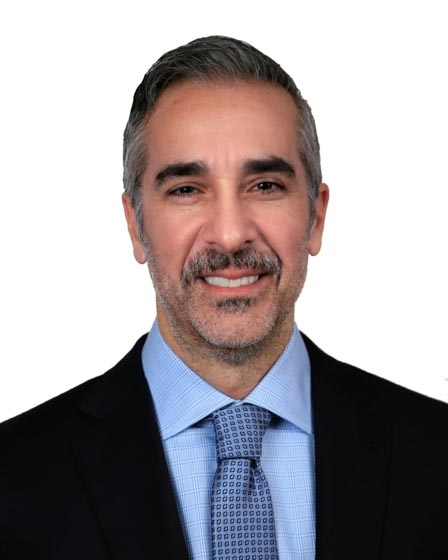Many people with aortic stenosis are eligible for a minimally invasive approach called transcatheter aortic valve replacement (TAVR). In TAVR, doctors use a thin tube (catheter) to replace the damaged aortic valve. TAVR has a shorter recovery time than open-heart surgery, the traditional method of valve replacement surgery.
Our Expertise in TAVR
Englewood Hospital was one of the first hospitals in New Jersey to offer TAVR following its approval by the FDA in 2011. Today, we are one of New Jersey’s most experienced TAVR programs, performing more than 1,500 procedures since 2011. Our large volume of successful TAVR cases means we have the expertise to offer you the highest level of care.
In 2022, Englewood Hospital was recognized by the American College of Cardiology (ACC) with the Transcatheter Valve Certification, reflecting the accomplishments of the Structural Heart and Valve Disease Program in successfully treating patients. Englewood Hospital is the first hospital in Bergen County, and among just three in the state and 70 in the country, to earn this honor.
Our nationally renowned and skilled TAVR team members include cardiac imaging specialists, interventional cardiologists, cardiothoracic surgeons, and other specialists. Together, they’ll review your situation to find the best procedure for you.
We were one of the first hospitals in the country to perform transcatheter aortic valve replacement (TAVR) after it was FDA approved in 2011. TAVR provides a treatment option for patients with severe aortic stenosis. We perform these procedures as a team with cardiothoracic surgeons and have a high success rate and outcomes better than the national average.
-
Joseph DeGregorio, MD, Executive Director of Cardiovascular Services

TAVR Eligibility and Appointments
TAVR is FDA-approved for the treatment of severe symptomatic aortic stenosis, a condition when the aortic valve becomes narrowed or stiff (known as aortic stenosis), making it hard for the heart to pump blood correctly.
Originally, it was reserved for people who were at high risk for death or complications from open heart surgery. In recent years, it has become available for people at low or intermediate risk.
Appointments
For help making an appointment with, or for a referral to, the structural heart and valve team, contact us below.
